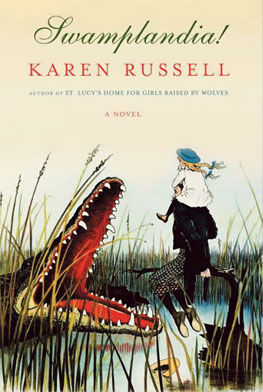Alligators And The Floridians Who Love Them: A Book Review By Sam Adams
Karen Russell's Debut Novel Illuminates Carnies, Nature And Innocence Lost


Latest Article|September 3, 2020|Free
::Making Grown Men Cry Since 1992




